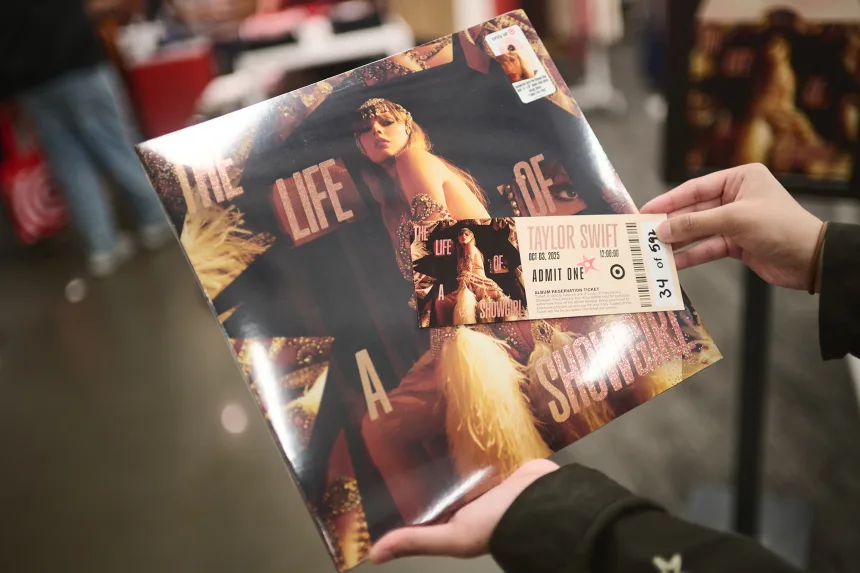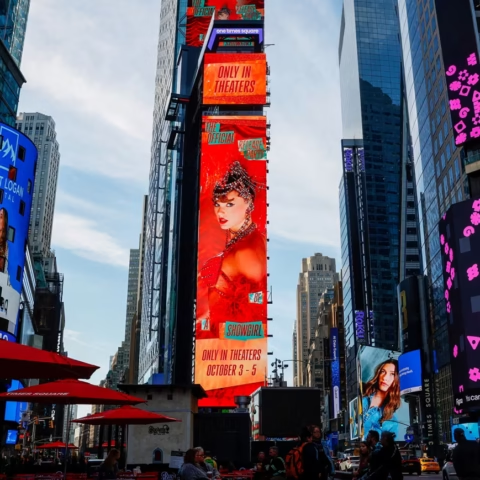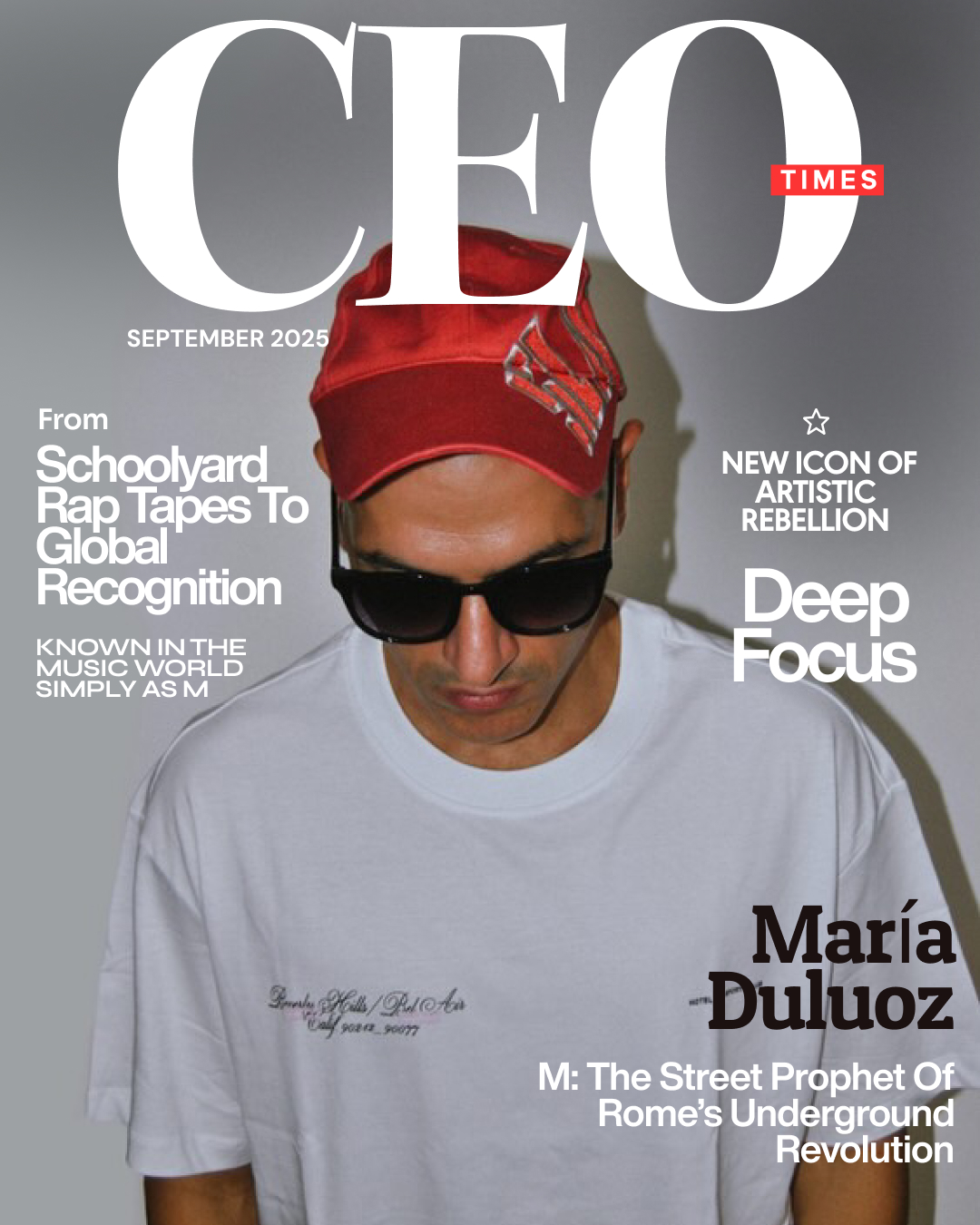Behind the mixed reviews of Taylor Swift’s 12th studio album lies a shrewd business move that proves — even her misses make money
Taylor Swift’s The Life of a Showgirl may be dividing critics, but from a business perspective, it’s one of her most calculated plays yet. Critics have called it a misstep, with some reviews branding the album as uneven or overly indulgent. But beneath the surface of polarizing opinions lies something much more deliberate — a clever marketing strategy reminiscent of the “novelty Oreo” effect.
Five years ago, The New York Times described how Oreo’s quirky limited-edition flavors — from Root Beer Float to Piña Colada — were less about selling those oddities and more about reigniting affection for the classic cookie. When novelty Oreo sales rose 12%, sales of the original increased by nearly 22%. The takeaway: make consumers nostalgic for the tried-and-true by temporarily shocking them with the unexpected.
Showgirl, in that sense, is Taylor Swift’s Piña Colada Oreo. It may not be her most universally adored work, but it reminds listeners why they fell in love with her earlier eras — Evermore, Folklore, and the re-recorded Taylor’s Versions. Even if fans find Showgirl a little eccentric, the first thing they’ll do after listening is return to her catalog. And now, all of that catalog belongs entirely to her.
Earlier this year, Swift finalized her acquisition of her entire music catalog, reclaiming her masters from Shamrock Capital — the firm that had previously bought them from her first label. This means every stream, every album sale, every piece of merchandise tied to her music history flows directly into her own empire.
It’s a rare position in the music industry — an artist in complete control of her creative and commercial destiny. “Unlike most celebrities,” notes journalist Ramishah Maruf, “Swift has made lucrative business dealings a part of her persona, positioning herself at the vanguard of the long narrative in the music business that unseen executives received much of the money actually generated by artists.”

And as the data shows, each Swift release — no matter how divisive — boosts streams across her entire discography. Showgirl may be polarizing, but it’s also powerful marketing for 1989 (Taylor’s Version), Lover, and Midnights.
Commercially, The Life of a Showgirl is far from a flop. By Thursday, it was already closing in on the modern-era record for the highest album sales in a single week — a record currently held by Adele’s 25. Swifties, ever loyal, have shrugged off the harsh reviews from The Standard (“a parody album hallucinated by some porn-addled AI”) and Pitchfork (“sounds like much of the pop music you’ve heard over the past 10 years”).
Taylor, for her part, seems unfazed. In an interview with Zane Lowe, she summed up her response with the kind of marketing clarity you’d expect from a billion-dollar brand in human form:
“The rule of show business is, if it’s the first week of my album release, and you are saying either my name or my album title, you’re helping. I know what I made. I know I adore it, and I know that on the theme of what the Showgirl is, all of this is part of it.”
It’s classic Taylor Swift: transforming criticism into conversation, art into commerce, and music into marketing. The Life of a Showgirl might not be everyone’s favorite flavor — but like a novelty Oreo, it’s doing exactly what it was meant to do.




















